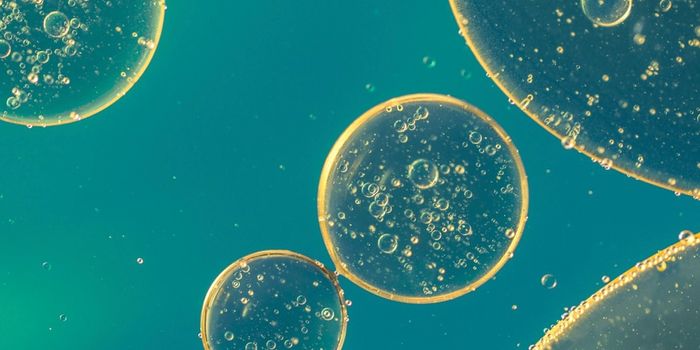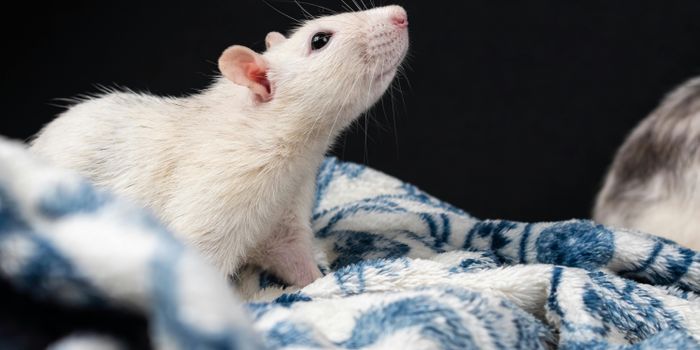The Physiology of the Munchies
It’s known that marijuana makes people crave food in a phenomenon commonly called the munchies, but there hasn’t been much research into why that happens. New work has found out more, and it could help develop therapeutics for the loss of appetite that often comes with chronic illness. Scientists at Washington State University determined how cannabis use triggers the release of a hormone that stimulates appetite. The drug also shifts specific regions of the brain into a state of hunger. Their findings have been presented at the Society for the Study of Ingestive Behavior, which focuses on eating.
"We all know cannabis use affects appetite, but until recently we've actually understood very little about how or why," explained Jon Davis, Ph.D., a researcher in the Department of Integrative Physiology and Neurosciences at Washington State. "By studying exposure to cannabis plant matter, the most widely consumed form, we're finding genetic and physiological events in the body that allow cannabis to turn eating behavior on or off."
Cannabis or marijuana has recently become legal for medicinal and recreational use in a number of states. It exerts its psychoactive effects through many molecules, but the one that is best known is delta-9 tetrahydrocannabinol or THC. As a medicine, it can relieve the symptoms of nausea that can hinder recovery and disrupt the quality of life in people with chronic illnesses.
To learn more about how cannabis consumption was stimulating appetite, the researchers created a system in which a vapor would deliver the drug to a rat model. Their design allowed for a controlled dosage that mimics human consumption. They determined that brief cannabis exposure caused the rats to eat, even when they had eaten recently. The investigators suggest that cannabis is disrupting the neural circuits in the brain that control hunger.
"We found that cannabis exposure caused more frequent, small meals," revealed Davis. "But there's a delay before it takes effect."
Normally, an empty stomach stimulates the release of ghrelin, a hormone that is sensed in the hypothalamus, telling the brain it’s time to look for food. It turns out that cannabis causes a wave of ghrelin to be released. When another drug was applied to block the effects of ghrelin, the animals didn't eat after cannabis exposure. The team also found that the brain responds differently to ghrelin after marijuana exposure; the brain cells that react to the hormone have altered gene expression patterns.
There are multiple illnesses in which appetite loss is a major factor, including HIV/AIDS, cancer and heart disease. This work may help create more targeted treatments for affected individuals, and improve their quality of life.
Learn more about how hormones control hunger from the video.
Sources: AAAS/Eurekalert! via Society for the Study of Ingestive Behavior









